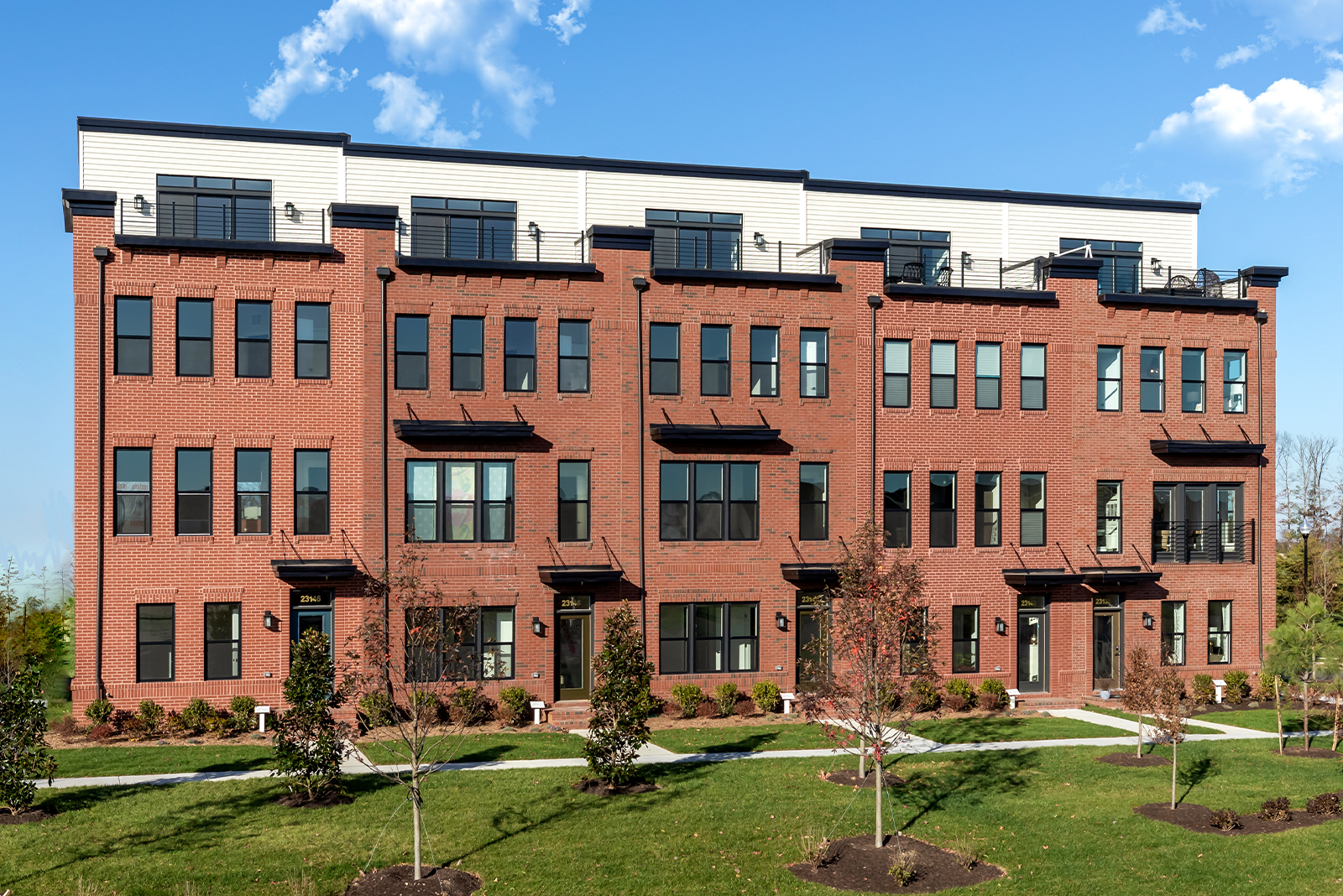The Dulles Regional Chamber of Commerce listened to comments about meeting the demand for workforce housing in Fairfax and Loudoun counties during its Metro Monday meeting yesterday afternoon.
The chamber hosted a panel made up of regional professionals who explained the difficulties that exist and the points that must be reached to meet the growing demand for housing.
The panelists explained that this is not a situation that affects just one group or income level, but is a widespread issue.
“I think the main thing to consider is that there’s affordability needs across all income levels,” Alex Koma, a reporter for the Washington Business Journal, told the chamber. “There is no income level, right now, that we’re not seeing renters’ cost burdened at this point.”
In addition to meeting the general housing need, Koma also discussed the challenges of coping with the COVID-19 pandemic as it affects Fairfax and Loudoun counties. He detailed that Fairfax has been forced to walk back tax increases while Loudoun has put a hold on portions of its spending.
“Localities are proceeding very cautiously. That goes as well for the state,” Koma said. “They have left some money for the Virginia Housing Trust Fund in the budget for this coming year, but in future fiscal years a lot of that progress has been undone.”
Graham Owen, the senior planner for the Department of Planning and Development in Fairfax County, echoed Koma’s sentiments regarding COVID-19’s effect, but stated “affordable housing does remain a top priority for the Board of Supervisors in Fairfax.” However, Owen did raise several other challenges that the county must address for affordable housing for all residents.
The county projects it will add more than 62,000 households in the next 15 years which includes a need for 15,000 new homes for families at 60% and below of the area median income (AMI), according to Owen. Owen added that challenges for the county include almost 71,000 households earning $50,000 or less, and rising rent and stagnant income pushing the county’s housing market out of reach for low to moderate income households.
Abdi Hamud, the Affordable and Workforce Housing Program Administrator in Fairfax County’s Department of Housing and Community Development, described the county’s efforts to address affordable housing with the Communitywide Housing Strategic Plan that was adopted by the Board of Directors in 2018. The plan calls for a need of 5,588 housing units for households that make between 50 and 80% of the AMI, 9,048 units for those between 80 and 100% AMI, and 11,929 units for those between 100 and 120% AMI.
The plan seeks to employ the Land Use Policy and public-private partnerships to address the housing needs over 15 years.
Kim Hart, a developer of affordable workforce housing who works with the non-profit Windy Hill Foundation and is a general partner of for-profit Good Works LP, presented further challenges from the development aspect and suggestions for policies he would like to be supported.
Hart explained the budgetary concerns for building affordable housing by pointing to steady prices in building materials as opposed to the variable cost of land that can affect unit pricing.
“Nobody sells me a 2×4 for less or a yard of concrete for less,” Hart said.
“If I’m going to rent a unit below market rate, especially down as low as 60% of AMI, or 50, or 40, or even to 30% of AMI, I have to save money on land and I have to save the cost of money.”
Hart also presented federal and state policies that affect the ability to build affordable housing.
At the federal level, Hart urged the chamber to support pending legislation to increase federal funding for low-income housing tax credits (LIHTC) which he said, “without it, we would have very little affordable housing.”
He also supported increasing funding and targeting those most in need, and to continue supporting the Community Reinvestment Act to allow banks to invest in LIHTC that will in turn support affordable housing.
For the state level, Hart commended Virginia Housing for “running a great program,” but urged pushing for more funds from the federal level for it. He also urged for support of House Joint Resolution 2 to amend Section 6, Article X of Virginia’s constitution. The passage of this resolution would allow for property tax exemption for affordable housing, according to Hart.
Hart’s analysis repeated a statement from Koma wherein he pointed at money for affordable housing being cut from budgets resulting in delaying or cancelling projects due to the high cost of materials and labor.






